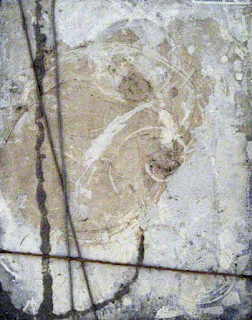Meanwhile, back at the ranch…
…or, Something to keep you busy over the weekend… …or, The Past Fortnight in the Theoblogosphere. Ok, so it’s been more like a month and a half since the last link post , and things have been fairly busy here at DET. For starters, we finished the guest series by Nathan Hitchcock on “Eschatological Business.” The series is now indexed with the rest of the DET serials , and two of the posts appear in the links below. But we’ve also had a lot of good material from our regularly scheduled programing. For instance, Scott has been working his way through Timothy Gorringe’s book on Barth, subtitled Against Hegemony (see the links below), and I’m looking forward to see what further reflection it will spark. But before moving on to the links, I want to highlight a book that has recently been published on Barth’s theology. It is entitled The Only Sacrament Left to Us: The Threefold Word of God in the Theology and Ecclesiology of Karl Barth , written by Thomas Christian Currie who currentl...




